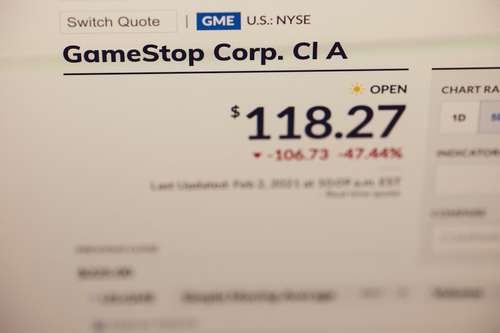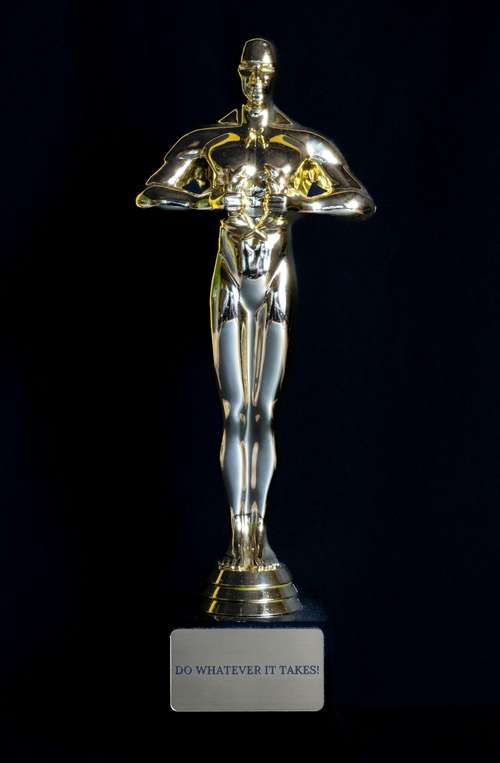The recent backlash from a former FTC chief against Microsoft's recent Game Pass price hike has sparked heated debates in the gaming community. This reaction, coming on the heels of Microsoft’s acquisition of Activision Blizzard, has raised significant concerns about market consolidation and its potential impact on consumers and developers alike.
It's not every day that a high-profile figure from a regulatory body openly criticizes a tech giant for its pricing strategies. Yet, here we are, examining the arguments that suggest when a dominant company like Microsoft grows too powerful, it can easily push up prices without much pushback. Do you ever wonder why these market shifts seem to happen without warning?
Understanding the Criticism
In this section, we break down the former FTC chief’s criticisms of Microsoft and what they signify for the gaming industry. The game industry is no stranger to controversies around pricing and market dominance, and this latest incident brings those issues back into the spotlight.
The criticism mainly centers on the idea that once a company gains overwhelming market power, it has fewer concerns about losing customers if prices rise. The former FTC chief pointed out similar trends observed in other digital services and subscription models, where price hikes often go unchecked. This argument resonates with many consumers who have felt the pinch of rising subscription costs, not just in gaming but across various digital platforms.
Microsoft’s decision to increase the Game Pass price right after a major acquisition is seen as a strategic move to leverage their newly enhanced market dominance. The criticism stems from worries that this trend may not only affect subscription affordability for gamers but also hinder competition by squeezing smaller developers out of the market.
Impact on Consumers and Developers
This section looks at the ripple effects of Microsoft’s pricing decision on both consumers and developers. With game subscriptions becoming increasingly central to gaming experiences, any price change can have significant effects on how and what we play.
For consumers, any increase in the Game Pass price means an extra burden on their monthly budgets. Imagine having to choose between your entertainment and other essential expenses. Many argue that, in a market saturated with digital services, gamers might eventually have to cut back on subscriptions or downgrade their experiences if prices continue to rise unchecked.
Developers, on the other hand, could face a different kind of challenge. With a large company like Microsoft holding sway over a significant segment of revenue through its subscription services, indie developers might struggle to negotiate fair terms or even get noticed. The concern is that market consolidation could lead to a monopolistic environment where creativity and innovation are stifled in favor of profit margins.
This dilemma is akin to a neighborhood bistro being overshadowed by a large chain restaurant. Over time, the unique flavors and personal touch of the former might fade away as the giant chain’s pricing structure leaves little room for local talent.
Regulatory and Market Implications
The regulatory dimension of this debate is equally important. With issues of consumer protection and fair competition at stake, the former FTC chief’s criticism taps into broader concerns about the role of antitrust laws in a rapidly evolving digital economy.
When a company as influential as Microsoft decides to hike prices, it raises questions about whether regulatory bodies are adequately equipped to monitor and curb such movements. Some industry experts suggest that the current regulatory frameworks might be outdated, unable to keep pace with the fast-changing dynamics of the digital game and subscription market.
This scenario can be compared to an old dam struggling to hold back a rising tide; the old regulations simply aren’t strong enough to manage the swift changes in the digital landscape. In essence, Microsoft’s actions are prompting a debate over whether new rules are needed to protect consumer interests in the age of digital subscriptions.
The criticism also casts a spotlight on the broader implications for the video game industry. With giants like Microsoft controlling not just the market but also the narrative around gaming, there is a legitimate concern that influential companies may use their power to set rules that favor their business models, potentially leaving smaller players out in the cold.
The Wider Picture: Digital Services and Subscription Models
This part of the discussion dives into the trends observed in digital services and subscription models. With Game Pass being just one example, the criticism ties Microsoft’s actions to a pattern seen across various sectors, from entertainment to software services.
Many consumers are now more accustomed to monthly payments and over time have grown appreciative of the convenience these subscriptions offer. However, the flip side remains that increased prices over time can erode trust and eventually lead to customer fatigue. Is the promise of a constantly updated service worth the additional cost? Many are starting to wonder.
Similar controversies have made headlines before, where subscription services have been accused of leveraging market power to inflate prices. The former FTC chief’s remarks are thus not coming out of nowhere; they are part of a longstanding conversation about fairness, value, and the responsibilities that come with controlling a significant share of the market.
It’s like buying a ticket to a concert and ending up paying more just because the band became so popular – a price hike that leaves the loyal fans feeling exploited rather than rewarded.
The Future of Microsoft Gaming?
Looking ahead, one naturally wonders how Microsoft will respond to these claims and what this means for its future in the digital subscription space. Will this be the start of a regulatory clampdown, or will the company continue as usual, confident in its ability to dictate market terms?
It's clear that the messaging coming from both regulators and critics within the industry suggests that consumers and small developers deserve a fair shake. Microsoft, being a prominent player in the gaming industry, is now under more scrutiny than ever. The battle over market dominance and fair pricing has just begun.
This tension is a vivid reminder that power in the gaming industry is a double-edged sword. Where innovation meets market control, there will always be a delicate balance between progress and fairness. Each player in this space needs to assess how their actions affect the community at large, from policy makers to the everyday gamer.
As the dust settles on the latest price hike controversy, the overall message is clear: consumers and developers alike must remain vigilant and proactive. In asking hard questions about pricing and corporate strategy, we can work together to ensure that the benefits of digital services do not come at the cost of fairness and innovation.
The future remains uncertain, and while larger companies may continue to expand their digital empires, the pushback from regulatory experts and community leaders keeps the conversation alive. It's a complex dance between progress, profit, and consumer rights, one that all involved must navigate with care.
In the end, the debate over the Game Pass price hike is more than just a disagreement over subscription fees; it's a microcosm of a broader struggle over control and influence in the modern digital landscape. As we move forward, the stakes will only get higher, making it crucial for everyone—from regulators to gamers—to voice their concerns and keep industries in check.




